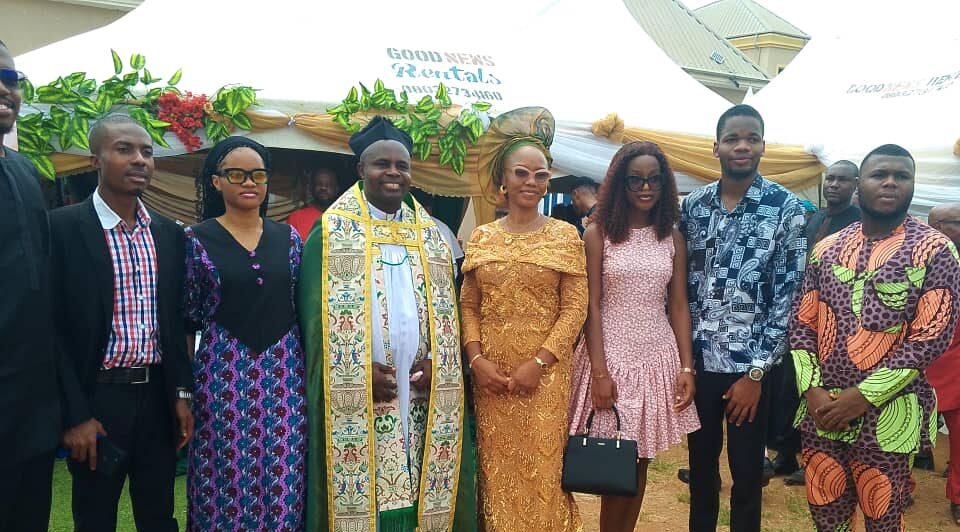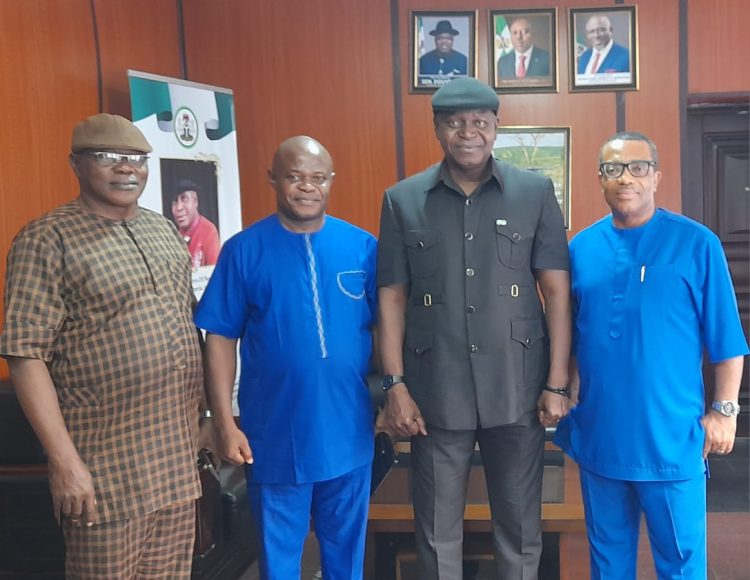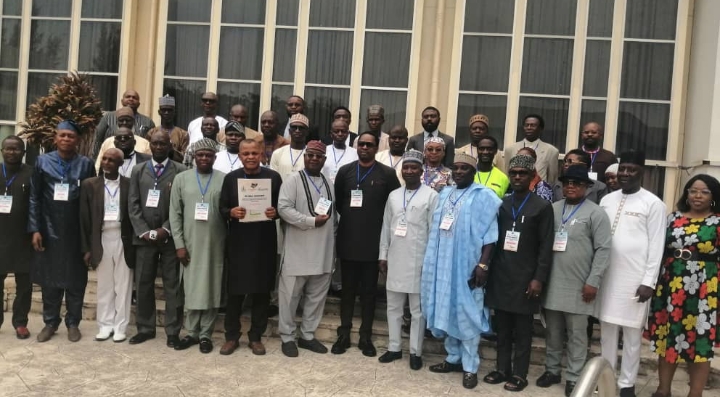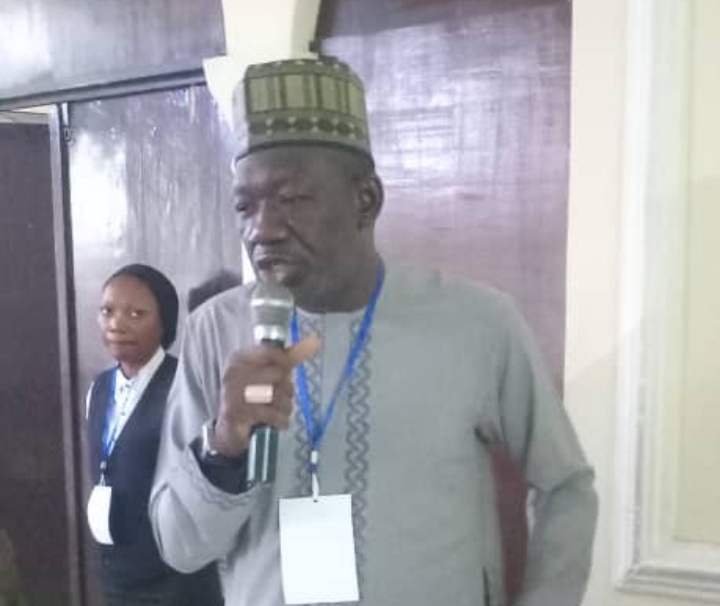By: Goodluck E. Adubazi, Abuja.
Nigeria is richly endowed with a wide array of mineral resources, including but not limited to coal, gold, gemstones, gypsum, lead and zinc, baryte, bitumen, and iron. Despite this abundance, experts say the country is yet to fully tap into its mineral wealth. It is estimated that the Federal Government loses over $9 billion annually due to illegal mining activities across the nation.
To address the challenges facing the mining industry, a two-day national workshop on combating illegal mining, smuggling, and the protection of mining sites and communities for economic growth and development is scheduled to take place from April 29 to 30, 2025, at the Nicon Luxury Hotel, Abuja.
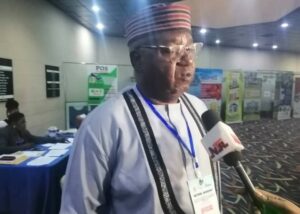
Speaking on the first day of the workshop, Prof. Gimba V. Kyari, an economist from Kaduna State University, stated: “If properly harnessed, these mineral resources have the potential to serve as a viable alternative to crude oil, diversify the economy, and promote sustainable development.” He emphasized that over 44 different minerals are scattered across the country.
However, what should be a blessing to Nigerians has instead raised concerns about whether it has become a curse to host communities. Illegal mining activities have evolved into significant threats, not only to economic prosperity but also to national peace and security.
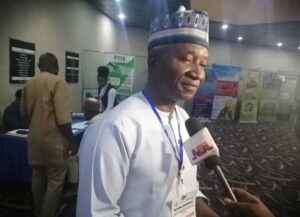
Standard-Times Nigeria reports from the workshop that illegal mining, often referred to as “informal or artisanal mining” involves operations conducted without state authorization, in violation of regulations, and with little regard for host communities or environmental protection.
The rising incidence of illegal mining and smuggling is more than just an economic issue; it poses a grave threat to national stability.
Responding to journalists, Mr. Tawo Willie, Programme Coordinator and Managing Consultant at Allied Bond Consulting, said: “Our main focus goes beyond ordinary thinking. As a firm of development consultants, we are passionately concerned about Nigeria’s economic growth. Once these issues are addressed, economic development will be significantly enhanced,” Mr. Willie stated.
Standard-Times Nigeria also reports that Mr. Willie, in a message to stakeholders in the mining sector, said: “The 1997 NIMAMOP (Nigeria Minerals Appraisal and Monetization Programme) report identified the mining sector as a major driver of economic growth. It predicted that the industry would eventually surpass the oil sector. Therefore, I strongly advise all stakeholders to cooperate and continue their efforts.” He also prayed for security support from the government to tackle the industry’s recurring challenges.
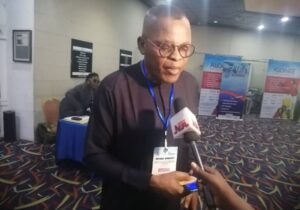
Earlier, the Chairman of the Association of Nigerian Miners, represented by Tope Adebanjo, delivered the President’s welcome address. While speaking with journalists, Adebanjo remarked: “Illegal mining in Nigeria has been around for generations, since colonial times. With the efforts of the current government, it is gradually reducing. The government is sensitizing the public and encouraging people to form cooperatives to benefit from formal processes. However, many still resort to illegal means for livelihood.” He added: “The fight against illegal mining is a continuous process. It can’t be eradicated overnight, not even globally. But under the leadership of the Hon. Minister of Solid Minerals Development, Dr. Dele Alake, the government is confronting the issue head-on.”
The second resource person, Dr. Tijani Ayoade Adams of Ahmadu Bello University, Zaria, recommended models from Botswana, Australia, and Chile, countries that have successfully leveraged solid minerals for economic transformation. He noted that the time to unlock Nigeria’s vast potential is now. According to Dr. Tijani, contributing factors to the persistence of illegal mining include weak regulatory frameworks, corruption, lack of enforcement, insufficient geological data, erosion of public trust, social inequality, political instability, and lack of transparency. He advocated for the establishment of a national mining monitoring and evaluation (M&E) framework as a roadmap for harnessing Nigeria’s solid mineral wealth.
The national workshop is organized by the National Institute for Security Studies in collaboration with Allied Bond Consulting and powered by Power, Infrastructure, Finance Services (PIFS) Conferences




